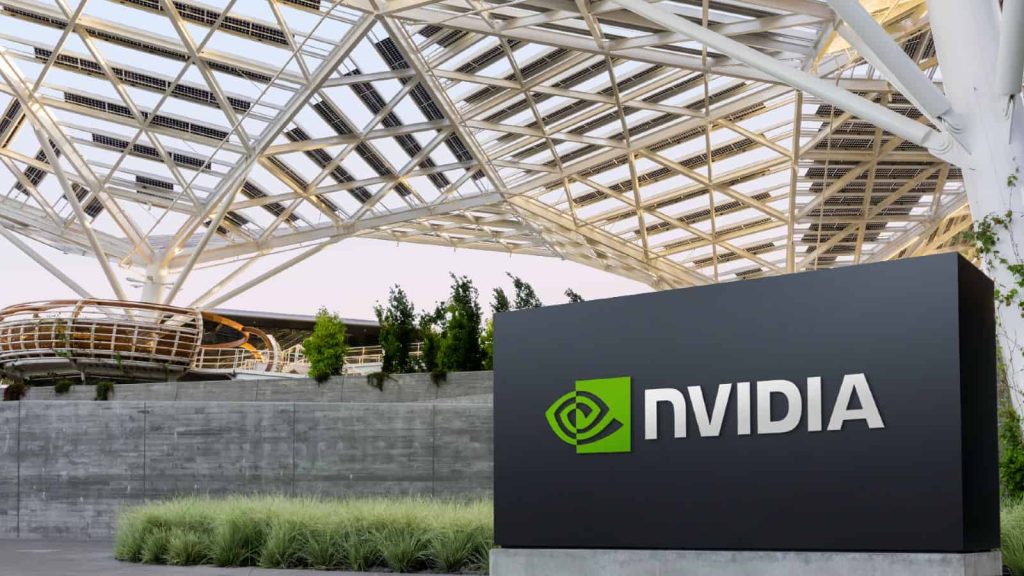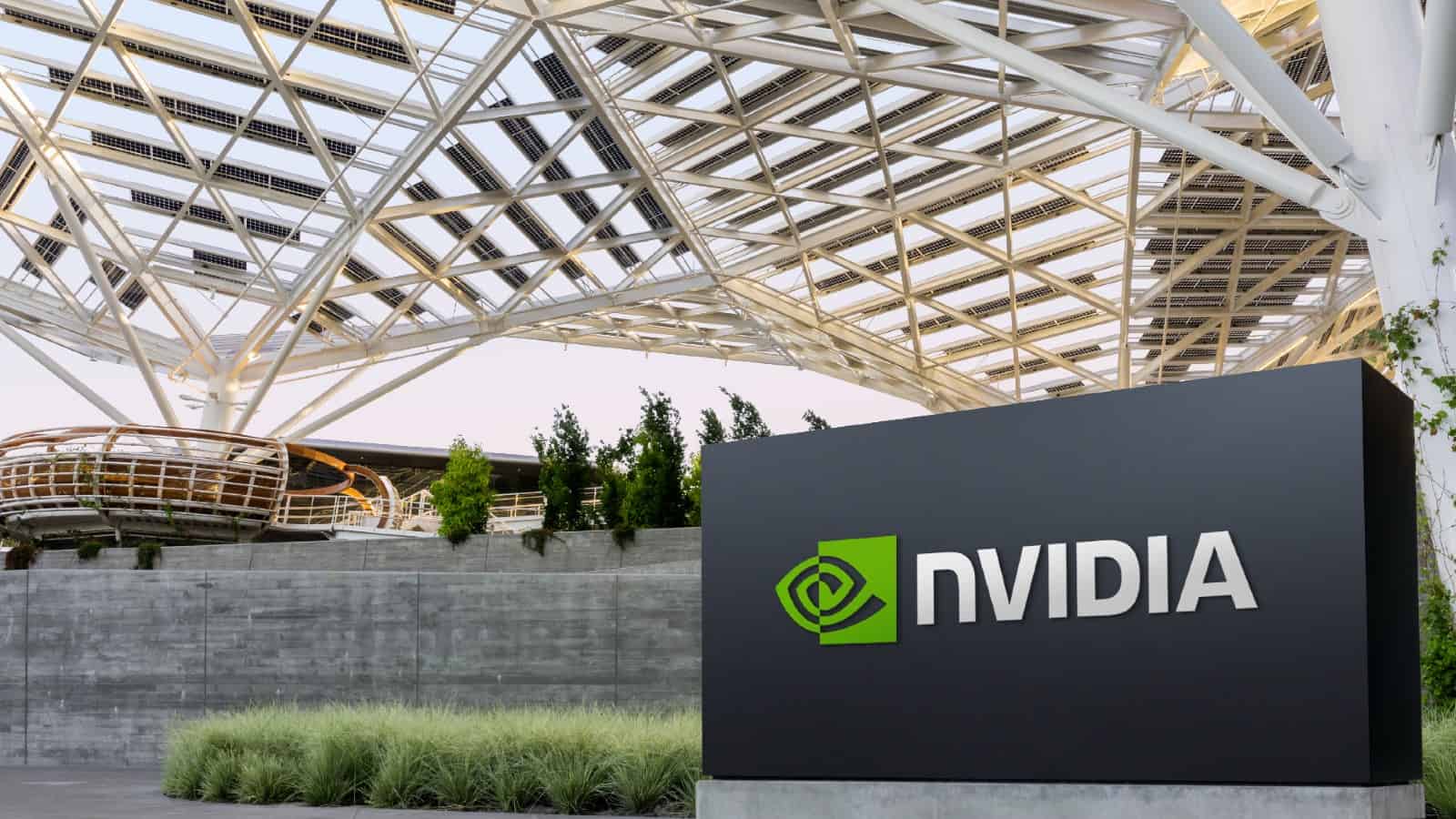I missed Nvidia – could this be the next big US growth stock?


Let’s be honest — most of us missed the boat on Nvidia (NASDAQ: NVDA). And by the time we realised just how vital graphics processing units (GPUs) would become to artificial intelligence (AI), the share price had already soared into the stratosphere.
Over the past five years, the stock has climbed almost 1,600%. In the last six months alone, it’s up almost 50%, adding over $1.5trn to its market value. It’s now the most valuable company in the world, overtaking Microsoft and Apple in June.
I have exposure to the stock through several ETFs and investment trusts, so I didn’t entirely miss out on the action. But I certainly made nowhere near the gains I would have had I bought individual shares. Which makes me wonder, how did Nvidia get here, and what stock could be next?
Crunching the numbers
The numbers behind the hype are jaw-droppingly impressive. For the fiscal year ending January 2025, revenue reached $130bn, a staggering increase from $27bn just two years ago. Net income exploded from $4.3bn in 2022 to more than $70bn this year. And its margins are enormous — a return on equity of 115% and gross margins consistently above 70%.
Yet despite the parabolic growth, I don’t think it’s entirely overvalued yet. In fact, I still think it’s worth considering as a long-term investment. It’s a world-class company with room to expand further and the global AI arms race is just getting started – with Nvidia at its core.
Realistically, though, the biggest gains have already been made. Buying now means betting on continued dominance that may already be priced in, which is a risk. The stock trades at a price-to-earnings (P/E) ratio of 45 – not outrageous considering its growth, but not cheap either.
So where should investors look if they want to catch the next killer growth stock before it becomes a trillion-dollar giant?
Could SymphonyAI be next?
One company on my radar is SymphonyAI, a private US firm reportedly preparing for a Nasdaq IPO later this year. It’s not yet listed, but when it does go public, I’ll be watching closely.
Founded by billionaire Romesh Wadhwani, it specialises in applying AI to specific industry verticals – retail, finance, manufacturing, and healthcare. It doesn’t build chips like Nvidia, but it builds the enterprise software that helps businesses harness AI to improve decision-making and productivity.
Unlike many AI startups, SymphonyAI already has real revenues and customers. Its retail division serves over 1,200 brands, while its industrial arm works with giants like Nestlé and ArcelorMittal.
While financials are still private, it reportedly generates hundreds of millions in annual revenue and is growing fast. If the IPO goes ahead this autumn, it could be one of the most closely watched tech listings of the year.
Long-term mindset
Nvidia’s success was powered by timing, technology, and a growing reliance on data. It may still reward shareholders but the days of 10x returns are likely behind us.
SymphonyAI might never reach Nvidia’s heights but it could offer early-stage exposure to enterprise AI – the next leg of this growth story.
If the valuation is right, it could turn out to be a once-in-a-decade opportunity.
The post I missed Nvidia – could this be the next big US growth stock? appeared first on The Motley Fool UK.
More reading
- This UK investment trust has a 39% position in Nvidia stock!
- Here are 3 ways to think about Nvidia stock
- As Nvidia breaks through $4trn, what next for the stock price?
- Nvidia stock hit an all-time high this week. But could it be a bargain, even now?
- 3 booming growth shares in the Scottish Mortgage portfolio
Mark Hartley has no position in any of the shares mentioned. The Motley Fool UK has recommended Apple, Microsoft, and Nvidia. Views expressed on the companies mentioned in this article are those of the writer and therefore may differ from the official recommendations we make in our subscription services such as Share Advisor, Hidden Winners and Pro. Here at The Motley Fool we believe that considering a diverse range of insights makes us better investors.





